The DNA tests conducted by the Food Safety Authority of Ireland used an unaccredited methodology and led to Iceland’s being unfairly portrayed as selling “horse burgers” when its products were, in fact, free of horse meat, the frozen food retailer has claimed.
An FSAI survey of frozen burgers, published in January, detected 0.1% horse DNA in two Iceland burgers. The finding was widely publicised and led to Iceland’s technical manager, Trish Twohig, being asked to give evidence on the retailer’s quality checks in front of the EFRA committee on MPs on 30 January.
But when Iceland announced its own DNA test results on Friday (15 February) – which were published alongside other retailers’ results as part of the UK-wide testing programme coordinated by the Food Standards Agency – Iceland CEO Malcolm Walker challenged the FSAI results and stressed “no horse meat has ever been found in any Iceland product”.
The testing method used by the FSAI was “not an accredited test” and the current accepted threshold level was 1% – “10 times the level reported in the Iceland product,” Iceland said.
A spokesman for Iceland added the retailer had “no current intention” of taking legal action against the FSAI, but said Iceland’s reputation had clearly suffered unfairly by being mentioned in the same breath as companies that had experienced serious adulteration problems. “We have great respect for the food standards authorities in both the UK and Ireland, and are grateful to the FSAI for bringing the horse meat scandal to light in the first place,” he said. “However, Iceland’s reputation has undoubtedly suffered undeservedly by our being portrayed in the UK and international media as a purveyor of ‘horse burgers’, bracketed with other retailers and manufacturers which have unfortunately suffered gross adulteration of their products.”
He added: “In Iceland’s case, the FSAI tests (which, as the chief executive of the UK FSA recently informed the Parliamentary EFRA committee, employed a method that is not accredited for use in the UK) found only traces of equine DNA at less than 0.1%, which is a tenth of the 1% level set by the UK FSA as a sensible testing threshold to eliminate the possibility of accidental trace cross-contamination.
“Our own tests of these same batches of burgers by accredited independent laboratories in the UK have found no trace of any equine contamination whatsoever.”
The FSAI did not immediately respond to a request for comment.
‘Storm in a teacup’
Iceland has also set out to challenge the perception that retailers were to blame for the horse meat crisis. In a series of TV interviews over the weekend, Walker said supermarkets had been made the focus of public anger unfairly, and the catering industry and local authorities were to blame for driving down food standards.
“If you’re looking to blame somebody who is driving down food quality, it is invisible – it is schools, it’s hospitals, it’s prisons, it’s local authorities who are driving this down,” he told the BBC’s Andrew Marr Show on Sunday (17 February). “[The catering industry] is massive business for cheap food, and local authorities award contracts based purely on one thing - price.”
In an interview with Channel 4 News later that evening, Walker added the horse meat issue was a “storm in a teacup” that had been blown out of proportion. He claimed no supermarket own-label products in the UK had been found to contain horse meat, and that it was important to distinguish between “horse flesh” and contamination through horse DNA.
“I don’t believe that any horse flesh has actually ended up in a British supermarket,” he said, adding that even the Tesco Everyday Value burger that tested for 29.1% horse had not contained horse “flesh” but merely a filler. “It wasn’t meat at all – it was a filler for a cheap burger,” he said. “And apart from that, horse meat, horse flesh, I don’t believe has been in any British supermarket – contamination from DNA has.”
The Local Authority Caterers Association has rejected Walker’s comments, saying standards for school meals had risen dramatically in recent years, while the Local Government Association claimed Walker was “a little confused” and that the responsibility lay 100% with manufacturers, suppliers and retailers.







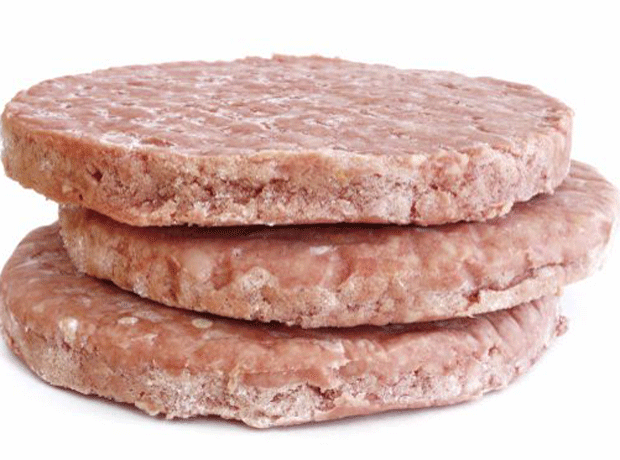


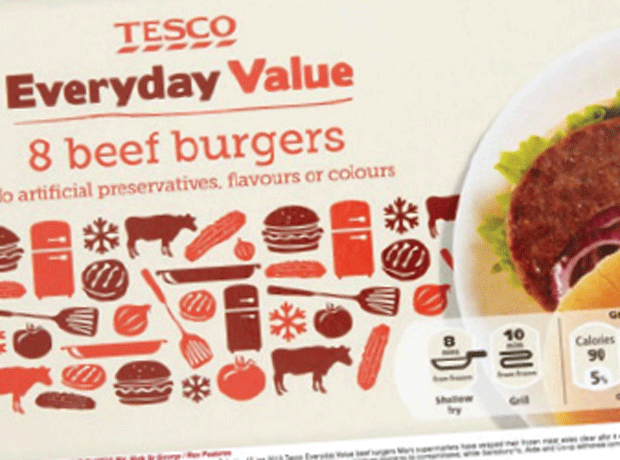
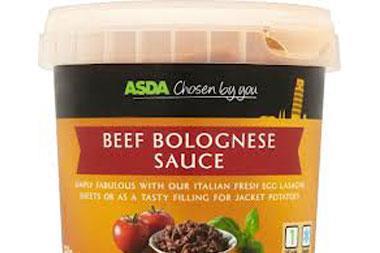
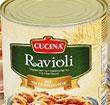





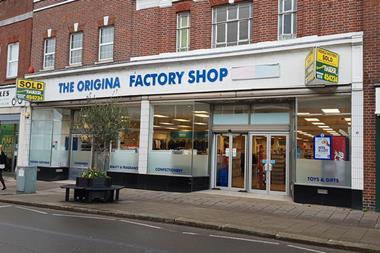
No comments yet